Repairing car tires and wheel issues typically costs between $20 and $300. The price depends on the extent of the damage.
Car tire and wheel repairs can be a frequent necessity for vehicle owners. Potholes, debris, and regular wear and tear often lead to the need for professional attention. The cost can vary significantly based on the type of damage and the repair required.
Simple fixes like patching a puncture are relatively inexpensive, while more severe issues, such as bent rims or tire replacements, can be more costly. Regular maintenance and prompt repairs ensure safety and enhance the lifespan of your vehicle’s tires and wheels. Investing in quality repairs can save money in the long run.
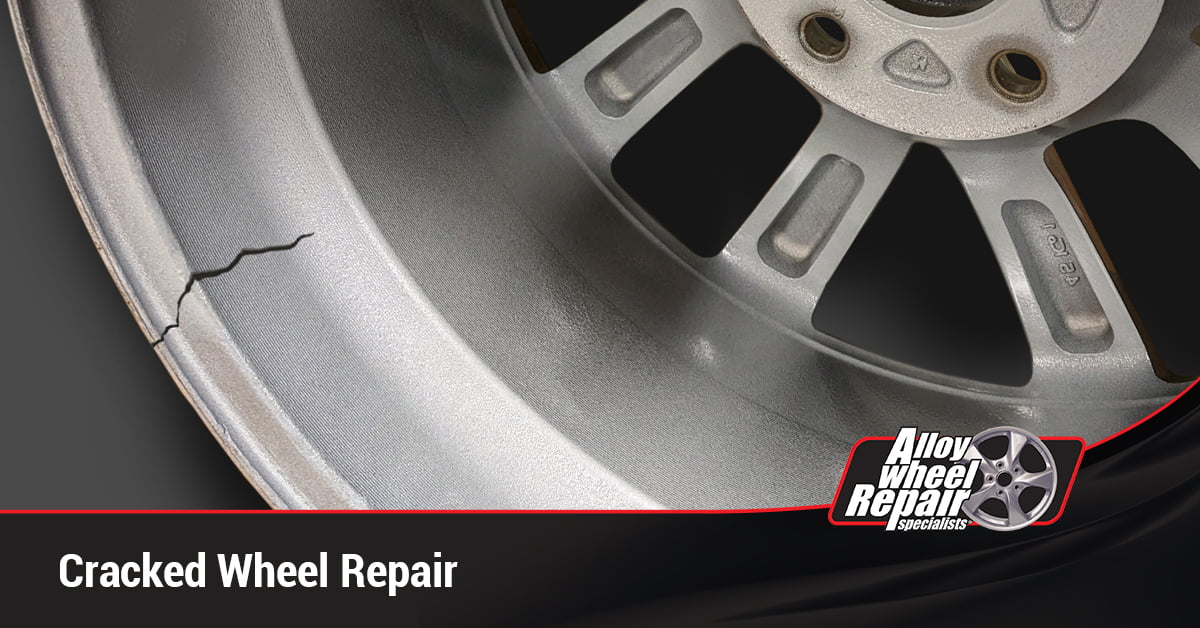
Credit: www.awrswheelrepair.com
Common Tire Problems
Car tires face many issues that can affect their performance. Proper maintenance helps prevent these problems. Addressing these issues early can save money and ensure safety.
Flat Tires
Flat tires are common and frustrating. Sharp objects like nails can puncture tires. Rapid loss of air pressure follows. Sometimes, improper tire inflation causes flats. Underinflated tires increase the risk of blowouts.
Tread Wear
Uneven tread wear reduces tire lifespan. Several factors contribute to this problem. Misaligned wheels cause uneven wear. Overinflated tires wear down the center tread faster.
Regularly check tire tread depth. Use a tread depth gauge for accuracy. Replace tires when the tread is worn out.
Wheel Alignment Issues
Wheel alignment is critical for your car’s performance. It affects safety, fuel efficiency, and tire wear. Misalignment can lead to costly repairs if ignored.
Symptoms Of Misalignment
Detecting misalignment early can save money. Here are the key symptoms:
- Uneven tire wear: Check for uneven tread on tires.
- Pulling to one side: Your car may drift left or right.
- Steering wheel vibrations: Vibration while driving indicates misalignment.
- Off-center steering wheel: The wheel isn’t straight when driving straight.
Importance Of Proper Alignment
Proper alignment offers several benefits. Here’s why it’s important:
| Benefit | Explanation |
|---|---|
| Improved Safety | Proper alignment ensures better control and handling. |
| Enhanced Fuel Efficiency | Aligned wheels reduce rolling resistance, saving fuel. |
| Extended Tire Life | Even tire wear prolongs tire lifespan. |
| Smoother Ride | Aligned wheels provide a smoother, more comfortable ride. |
Cost Factors
Understanding the cost factors involved in repairing car tires and wheel issues can help you budget effectively. The total cost depends on several key aspects. Let’s delve into these factors to get a clearer picture.
Type Of Damage
The type of damage significantly affects repair costs. Here are some common types:
- Punctures: Simple punctures can cost between $10 and $20.
- Sidewall Damage: Repairs or replacements can range from $50 to $200.
- Blowouts: Blowouts may require a full tire replacement, costing $100 to $300.
- Wheel Alignment: Misalignment often costs between $75 and $150.
Labor Costs
Labor costs also play a crucial role. These can vary based on location and the technician’s expertise.
| Service | Average Cost |
|---|---|
| Tire Patch | $10 – $30 |
| Wheel Balancing | $15 – $75 per wheel |
| Wheel Alignment | $75 – $150 |
| Tire Rotation | $20 – $50 |
These costs can add up quickly. Always get a detailed quote before proceeding with repairs.
Diy Vs. Professional Repair
Car tire and wheel issues can be a real headache. Deciding whether to fix them yourself or hire a professional can be tricky. Both options have their advantages and disadvantages. This section will guide you through the pros and cons of each choice.
Pros And Cons
| Aspect | DIY Repair | Professional Repair |
|---|---|---|
| Cost | Usually cheaper | More expensive |
| Time | Can be time-consuming | Typically faster |
| Skill Level | It requires some knowledge | Handled by experts |
| Tools | Need to own or buy tools | Professionals have the tools |
| Convenience | Less convenient | Very convenient |
Tools Needed
If you decide to go the DIY route, you will need some tools. Below is a list of essential tools:
- Tire Jack: To lift the car.
- Lug Wrench: To remove the lug nuts.
- Air Compressor: To inflate the tires.
- Tire Pressure Gauge: To check tire pressure.
- Patch Kit: For fixing punctures.
Each tool serves a specific purpose. Having these tools can make the job easier and safer. If you lack any of these, it might be best to hire a professional. They have all the required equipment and expertise.
Preventive Maintenance
Preventive maintenance is crucial for car tires and wheel health. It saves money and ensures safety. A small effort now can prevent big problems later.
Regular Inspections
Regular inspections help spot issues early. Check your tires and wheels monthly. Look for cuts, punctures, and uneven wear. Inspect tire tread depth using a penny. Insert the penny into the tread. If you see Lincoln’s head, replace the tire. Examine the sidewalls for cracks or bulges. These could lead to blowouts. Inspect the wheel rims for dents or damage. Damaged rims can affect tire performance. Ensure you rotate your tires every 6,000 miles. This helps them wear evenly.
Proper Tire Inflation
Proper tire inflation extends tire life. Under-inflated tires wear out quickly. Over-inflated tires can lead to blowouts. Check tire pressure monthly. Use a reliable tire gauge. Find the correct pressure in your car’s manual. Inflate your tires to the recommended level. Cold weather can lower tire pressure. Check more often in winter. Don’t forget the spare tire. It should be ready in an emergency.
Here’s a quick guide on tire pressure:
| Car Type | Recommended Pressure (psi) |
|---|---|
| Sedan | 32-35 |
| SUV | 35-40 |
| Truck | 40-45 |
Follow these simple steps for tire care. They can save you time and money. Proper care ensures your safety on the road.
Finding Affordable Services
Repairing car tires and wheel issues can be expensive. Finding affordable services helps you save money. This section guides you through local and online options.
Local Mechanics
Local mechanics often offer the best deals on tire repairs. Visit nearby garages and ask for quotes. Compare prices and services to find the best option.
- Ask for recommendations from friends and family.
- Check online reviews to find trusted mechanics.
- Look for special deals and discounts.
Building a good relationship with a local mechanic can save money over time. They might offer loyalty discounts for repeat customers.
Online Resources
Online resources are a great way to find affordable tire repair services. Websites and apps allow you to compare prices and read reviews.
Here are some online resources to check:
- Auto repair websites: Websites like RepairPal provide cost estimates.
- Local business directories: Use Yelp or Google My Business.
- Coupon sites: Check Groupon for discounts on tire services.
Using online resources can help you find the best deals quickly. Always verify the credibility of online service providers before booking.
| Resource | Benefits |
|---|---|
| RepairPal | Provides cost estimates and reviews |
| Yelp | Finds local mechanics with user reviews |
| Groupon | Offers discounts on repair services |
Combining local and online resources can help you find the most affordable services. Always compare prices and read reviews before making a decision.
Warranty And Insurance
Understanding the warranty and insurance options for your car tires can save money. These options cover repair costs and help avoid unexpected expenses.
Manufacturer Warranties
Many tire manufacturers offer warranties. These warranties cover defects and premature wear. Here are some common types:
- Defect Warranty: Covers manufacturing defects.
- Tread Life Warranty: Guarantees a certain number of miles.
- Road Hazard Warranty: Covers damages from potholes or debris.
Check the warranty terms before purchasing tires. These details can save on repair costs.
Insurance Coverage
Car insurance can also cover tire and wheel issues. Here are some coverage options:
| Type of Coverage | Details |
|---|---|
| Comprehensive Coverage | Covers non-collision damages, such as vandalism. |
| Collision Coverage | Covers damages from accidents. |
| Roadside Assistance | Covers towing and minor repairs. |
Review your insurance policy to understand what is covered. This can prevent unexpected repair costs.
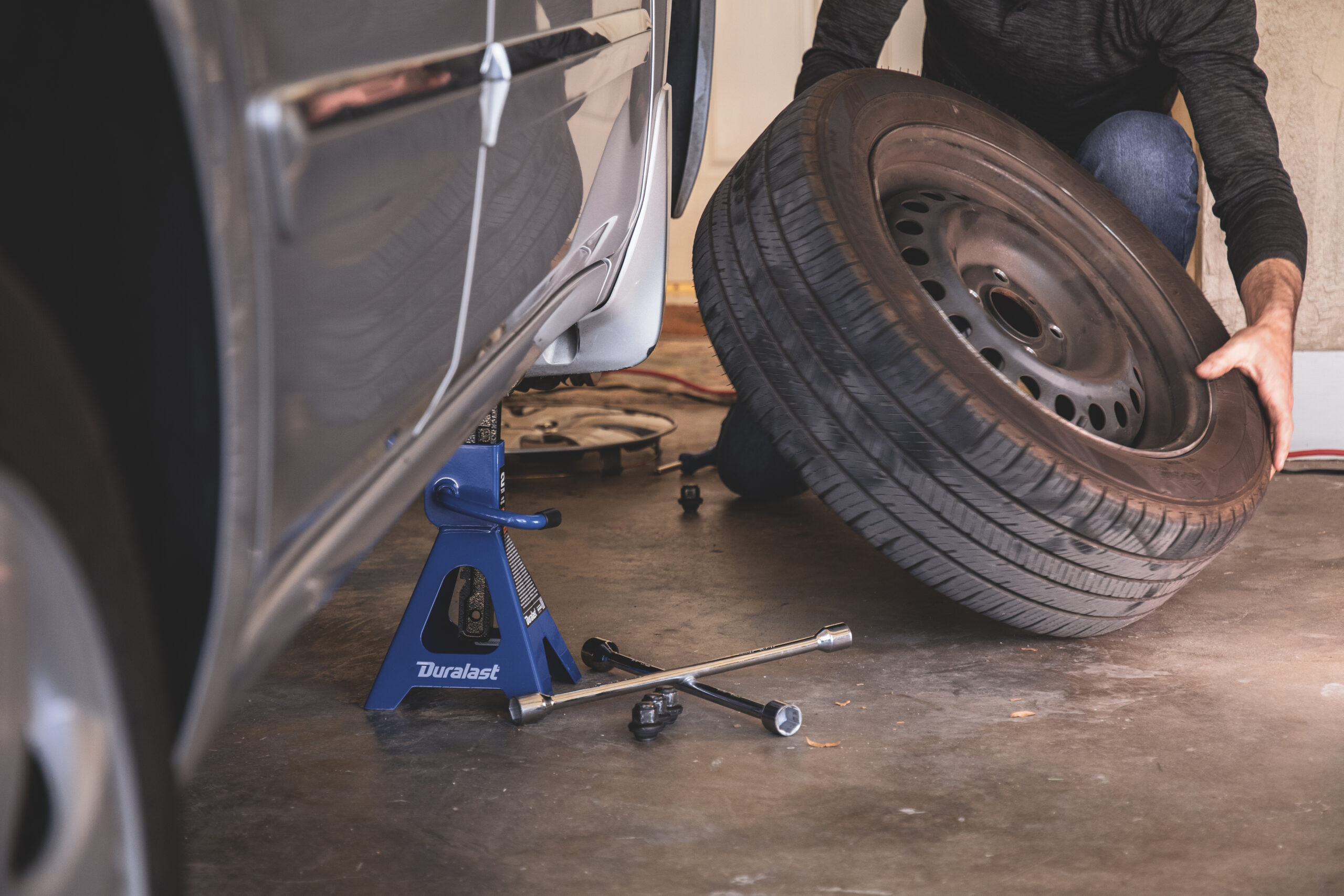
Credit: www.autozone.com
Long-term Savings Tips
Maintaining your car tires and wheels can save you money in the long run. Here are some Long-Term Savings Tips that can help you avoid costly repairs.
Investing In Quality Tires
Quality tires last longer and provide better performance. They can also improve your car’s fuel efficiency. Here’s a table to illustrate the benefits:
| Quality Tires | Cheap Tires |
|---|---|
| Lasts up to 50,000 miles | Lasts up to 25,000 miles |
| Better grip and handling | Lower grip and handling |
| Improves fuel efficiency | Reduces fuel efficiency |
Investing in quality tires can reduce your long-term expenses. Quality tires are durable and require fewer replacements.
Routine Maintenance
Regular maintenance can prevent major issues. Follow these tips to keep your tires and wheels in good condition:
- Check tire pressure monthly.
- Rotate tires every 6,000 miles.
- Align wheels annually.
- Inspect for damage regularly.
Routine maintenance can extend the life of your tires. It also ensures your car runs smoothly, reducing repair costs.
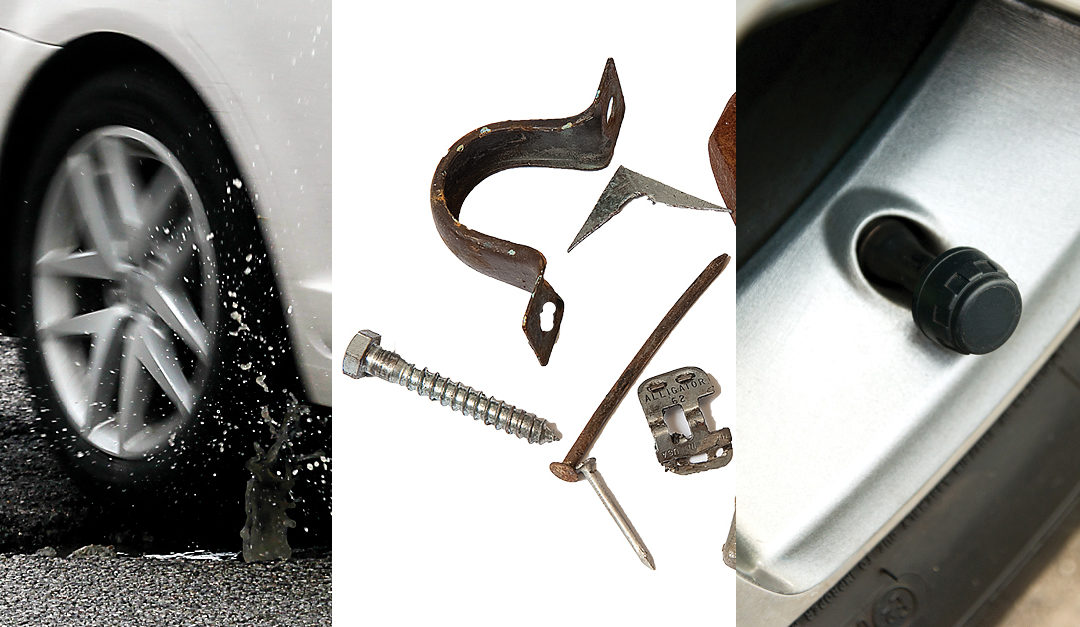
Credit: techtirerepairs.com
Frequently Asked Questions
How Much Does Tire Repair Cost?
Tire repair costs vary. On average, it can range from $10 to $30.
Can Wheel Alignment Affect Tire Wear?
Yes, misaligned wheels can cause uneven tire wear and reduce tire lifespan.
What Is The Cost Of Wheel Alignment?
Wheel alignment typically costs between $50 and $100, depending on the vehicle and location.
How Often Should Tires Be Replaced?
Tires should be replaced every 6 years or when tread wear indicators are visible.
Is Wheel Balancing Necessary For Tires?
Yes, wheel balancing ensures even tire wear and a smooth ride, improving vehicle performance.
Can I Repair A Flat Tire Myself?
Yes, but it’s recommended to have a professional repair to ensure safety and proper sealing.
Conclusion
Repairing car tires and wheel issues can save money and ensure safety. Regular maintenance helps avoid costly repairs. Always choose quality parts and trusted professionals. Investing in proper care extends tire life and improves performance. Prioritize regular checks to keep your vehicle running smoothly and safely on the road.

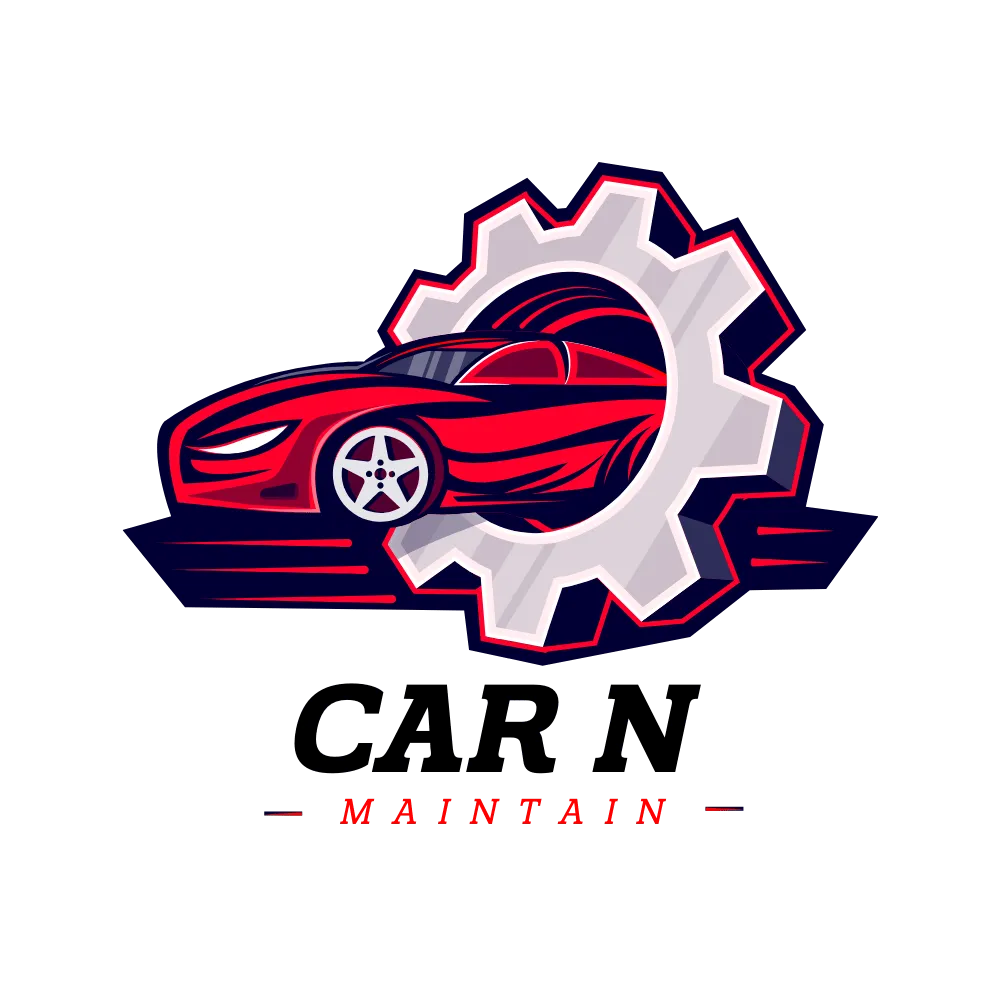
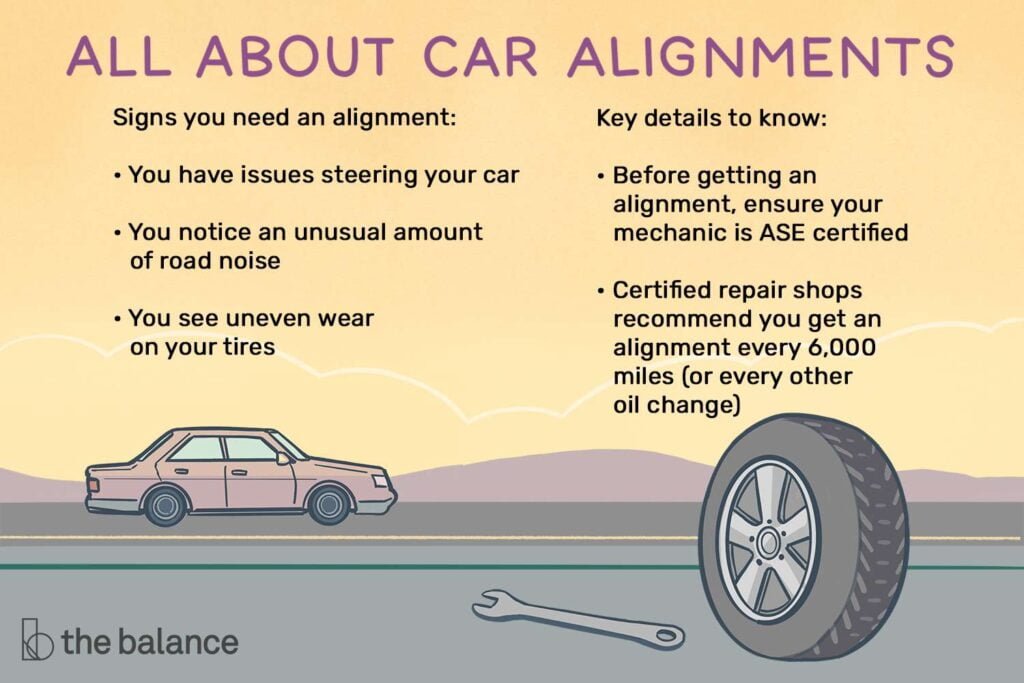
1 Comment
I visited several blogs but the audio feature for audio songs existing
at this web site is actually fabulous.